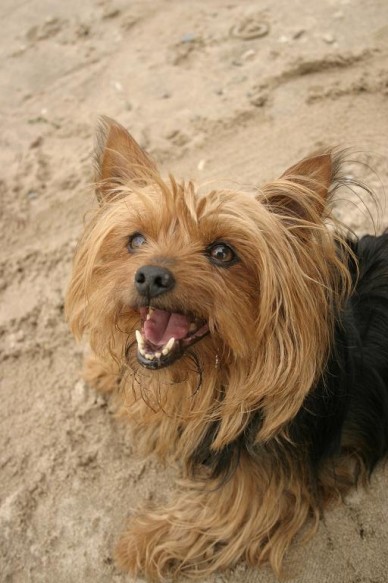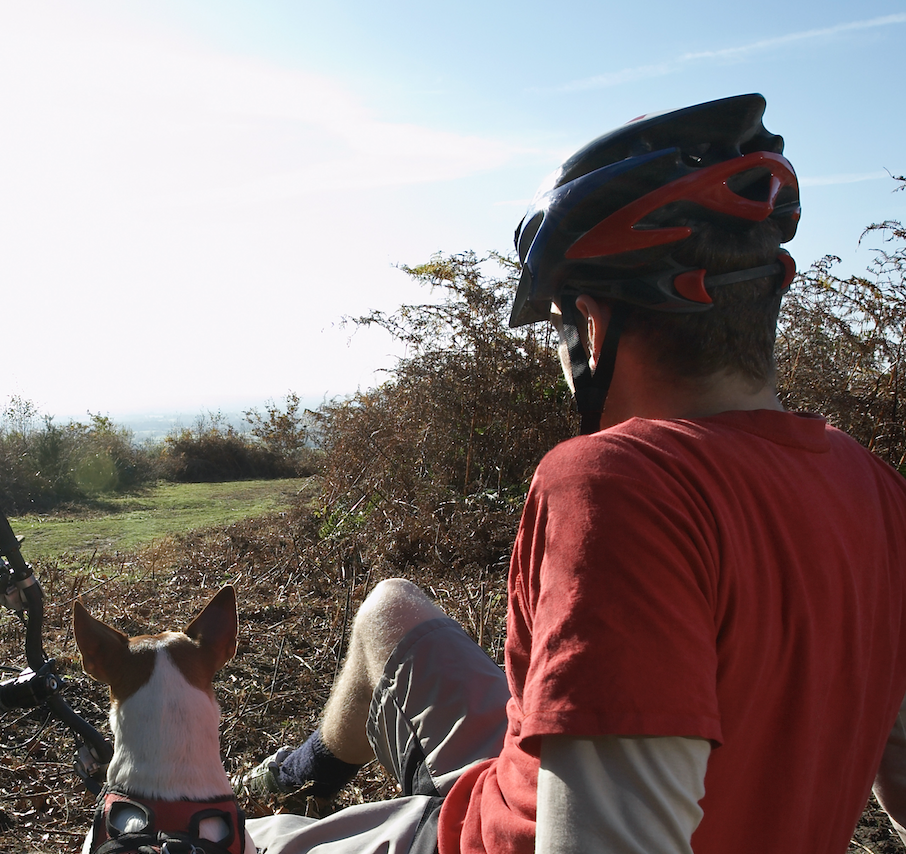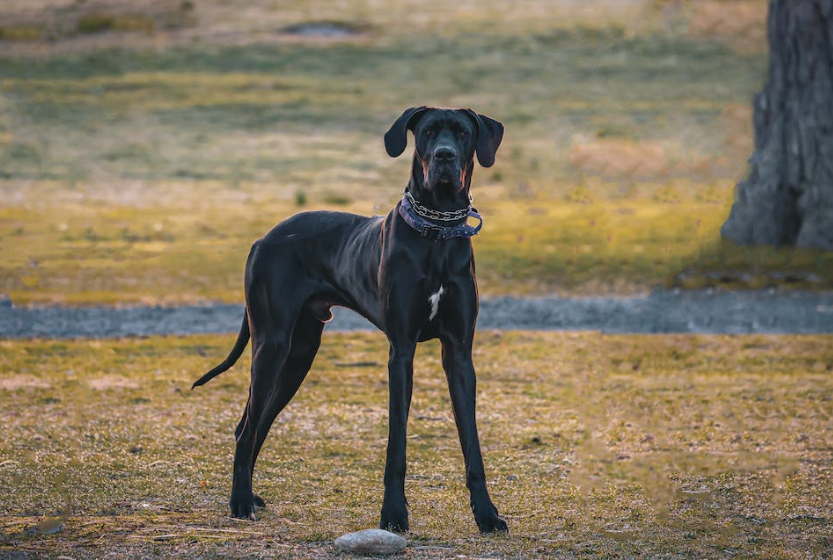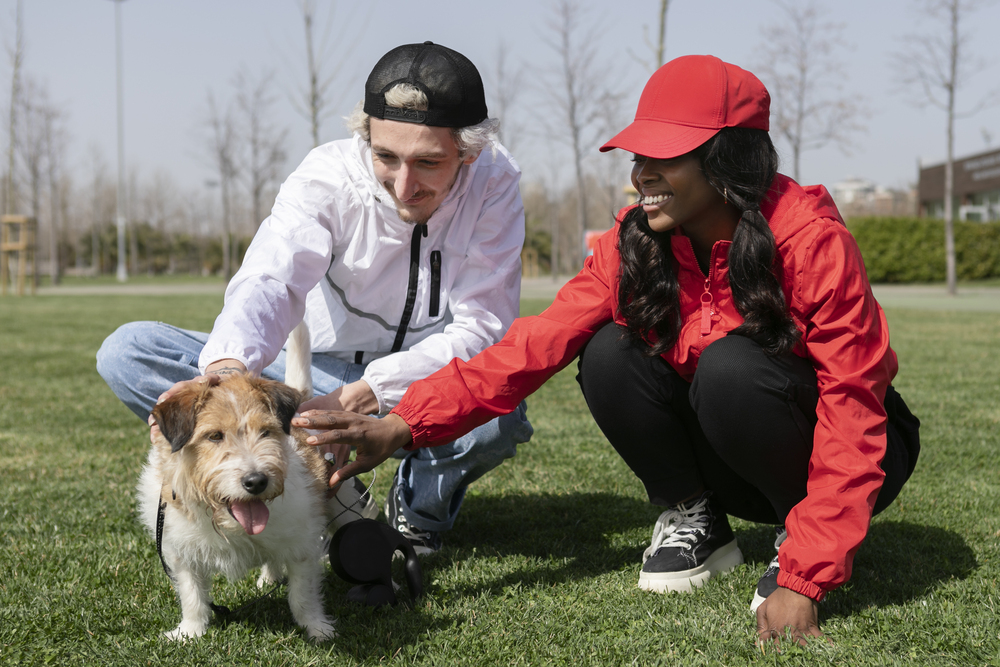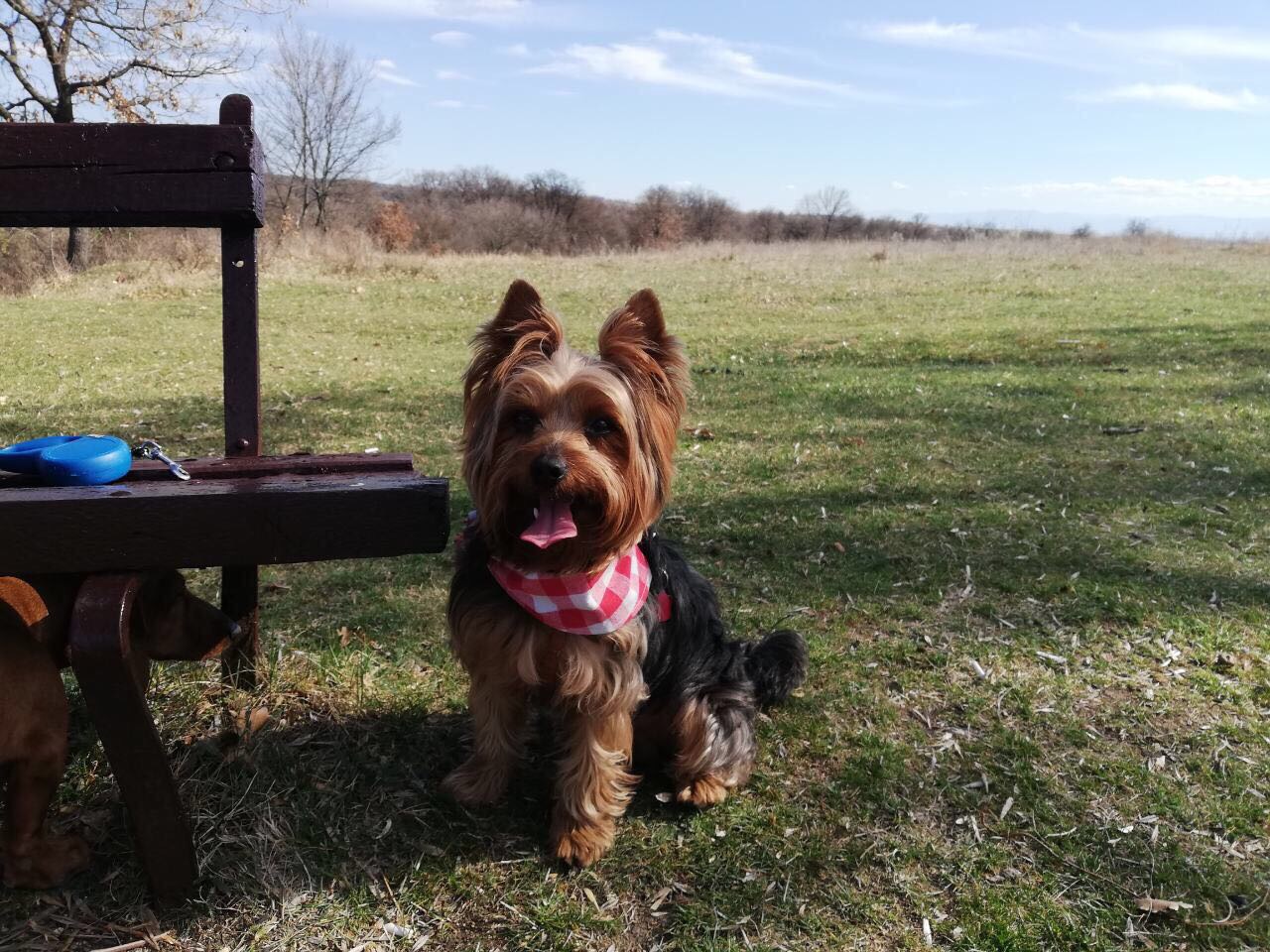
Small, large, short-coated, long-coated, quiet, barking...dogs come in many variations in regard to size, breed and temperament, but one thing they have in common is- they are all adorable and loyal creatures. They will provide you with companionship and support anytime you need. Every owner may have gone through a process of choosing the right dog for them, based on many factors such as personal needs, lifestyle, location, allergies, temperament, energy level...etc. Each dog breed has its supporters and opponents, and no one can say for sure which one is the best.
Small breeds are often considered “decorative” breeds as some owners may want to use them as accessories. We would like to note that many small dog breeds have proven their qualities such as intelligence, trainability, loving personality and their ability to become great service dogs.
One of the most popular dog breeds, beloved by many people is the Yorkshire Terrier. If you are wondering if this breed will suit your lifestyle and personality or if you are just a fan of these small adorable paw friends, you may want to keep reading.

History of the Breed
The breed originates in England, in the 19th century, when Scottish weavers moved to England due to an economic crisis and brought their terriers to York, Leeds and Manchester. They were crossbred with local canines and a new lovely breed was developed. Yorkshire Terriers became famous due to their skills in catching rats in the woolen mills. Gradually they started being used as companion dogs and the smaller variations seemed to be preferred. The breed received its current name in 1870, as it was first created in Yorkshire. Step by step the representatives of the breed turned into favorites of many ladies and participated in dog shows. The breed was imported to the US in 1872 and became popular among the upper classes.
Coat
According to the breed standard the coat of the Yorkshire Terriers should have fine and glossy texture and be straight and relatively long on the body. It can be trimmed short on the ears, to avoid eye irritation, and on the feet for a pleasing and clean appearance. These dogs are known for being hypoallergenic as their beautiful silky coat does not shed..or at least it does not shed more than a human’s hair. You should take care of your lovely paw friend’s coat and take them to a groomer at least once every other month for body trimming. Also, you need to bathe your doggy once a week (please use a dog shampoo, not a human shampoo) and brush them daily. Due to their hair texture, you should brush them prior to bathing and avoid brushing them while they are wet.
Colors
Yorkies are born with a coat colored in black and tan and are likely to have a darker coat on their bodies, including black hair in the tan, that changes when they reach a maturity. Four color variations meet the breed standard and thus are officially recognized:
Black & Tan, Blue & Tan, Blue & Gold and Black & Gold.
The hair color on the head should be golden tan and the color may be deeper in certain areas like the muzzle, ears and at sides of the head. According to the breed standard the tan color should not reach the back of the neck. The hair color on the legs and the chest should be tan. It is not accepted for it to reach out the area above the elbow (on the front legs) and the stifle (on the hind legs).
Weight & Height
The breed representatives must not exceed 7 lbs in weight and 7-8 inch in height to meet the standards.
Lifespan
The average lifespan of the breed representatives is 13-16 years. However, Yorkies of a smaller size (under 3 lbs / 1.4 kg) are likely to live shorter, as they are prone to certain health conditions and can get injured easier. Also, the smaller breed representatives are likely to be more sensitive to medications used in anesthesia.
Health
Yorkshire Terriers are considered healthy dogs. However, they are prone to certain health issues.
Dental issues
The representatives of the breed are more prone to dental problems than other dog breeds. Tartar may build-up and if it has not been removed in a timely manner, it may lead to inflammation of the gums and teeth roots. Overlooked dental issues may cause serious problems and infect the kidney, liver and even the heart. Also they may shorten the life of your paw friend by up to three years. We would recommend that you pay attention to the oral hygiene of your doggy, brush their teeth and provide them with dental sticks regularly. Once you recognize any issues, you should take immediate actions to prevent more severe problems in the future.
Obesity
Overweight can be a serious problem for many dogs, including Yorkshire Terriers. They tend to be greedy and are highly interested in the food that their owner eats. We would recommend that you stick to a feeding schedule and not overfeed your furry friend, regardless of how cute they are and what big loving eyes they have. Often discipline and the ability to say “no” have more benefits for the health of our furry friends than constant pampering.
Bacterial and Viral Infections
Yorkies like other dogs can get various infections if you do not vaccinate them. If you are a new puppy parent, you should arrange a veterinarian visit as soon as possible so that all age appropriate vaccinations will be scheduled. If you are interested in receiving more information about dog vaccinations, you can read our article “How Often Should You Bring Your Dog To The Veterinarian?”.
Parasites
We would recommend that you do not skip regular veterinarian checks, as parasites such as heartworms, whipworms, fleas, ticks...etc..can be transmitted to your paw friend and cause serious problems. Dogs can get infected in different ways like drinking contaminated water or being bitten by a mosquito.
Hyperadrenocorticism (Cushing's)
If you notice that your canine drinks water and urinates too often, has increased appetite, is a bit fatigued, these can be early signs of Hyperadrenocorticism (Cushing's). Thin hair or even hair loss and thin skin can appear as signs of this disease in the future as well. Yorkies are likely to be more prone to this health condition than other breeds.
Eye Issues
This breed can develop various eye conditions that can cause even blindness if not treated in a timely manner. Common eye conditions are Cataracts and Dry Eye.
Heart Disease
Yorkshire Terriers are prone to heart failure and Patent Ductus Arteriosus (PDA), which is a heart defect found days or weeks after birth.
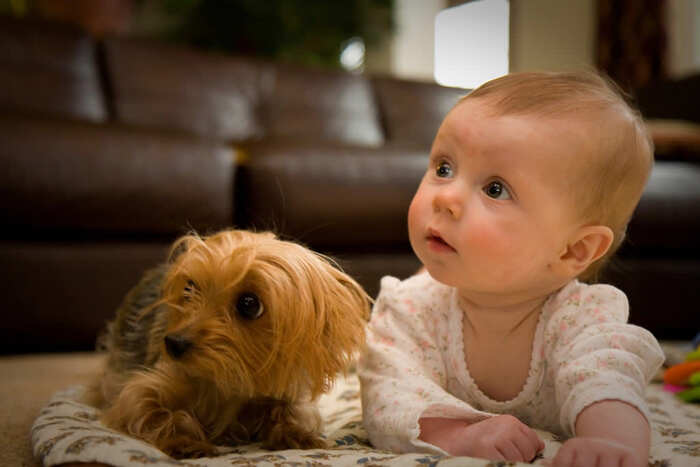
Temperament
Since we have taken a look at Yorkshire Terriers in regard to their physical features and health, we would like to discuss the temperament and personal features of these adorable doggies.
These canines are affectionate to their owner and other family members. They can get along with both adults and children. However, they are famous for being “big dogs in small bodies” and are not afraid to show a strong character, especially if they get jealous towards their owner. They are not known as aggressive dogs, but you may want to monitor them when outside around other dogs, as they tend to be protective of their owners.
They love receiving attention and are not likely to enjoy being left alone at home for too long. If not properly trained, they may develop separation anxiety and become disruptive or get depressed. Refusal to eat or eating their own poop are other signs of a separation anxiety.
Yorkies are usually friendly towards new people. However, sometimes they can be picky when it comes to people and are likely show territorial behavior. Some Yorkies have preserved the suspicious and reserved nature of their terrier ancestors, who became famous due to their great rat catching skills. You should be prepared when new people are going to visit your home.
Yorkshire terriers are energetic and playful pups and love being engaged in different types of games with their beloved human. They can be hyper, especially while still in a puppy phase and you may want to exercise and train them to avoid behavioral issues in the future.
These doggies are very adaptive and suited to apartment living and almost any type of living arrangement. Also, their small size allows their handlers to transport them easily.
In regard to their trainability levels, we can say that they are intelligent, attached to their owners and thus trainable. However, you may encounter difficulties during the training process, as these cute doggies can be very stubborn sometimes.
You may wonder how loud these cute dogs can be...We would say- a lot! They are likely to bark anytime they hear someone ringing the doorbell, knocking on your door or calling you. You can be sure that you will be notified every time someone is trying to make a contact with you. This feature of their character makes them great guard dogs, despite their small size.
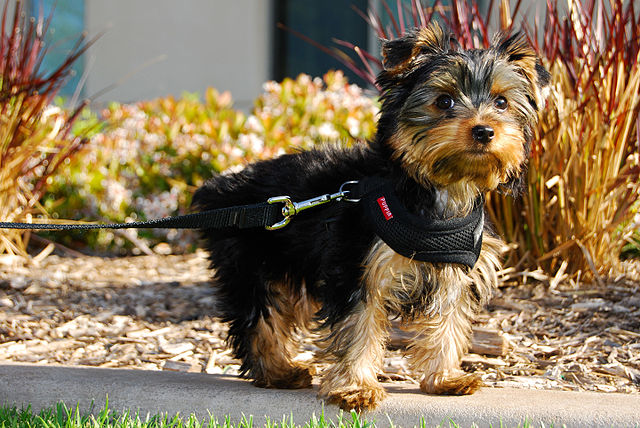
Are Yorkshire Terriers Good Service Dogs?
Yes, they can become great service dogs! Although they will be unable to fulfill physically demanding tasks like pulling a wheelchair or supporting their handler as balanced dogs their small size makes them perfect to fit under your seat while onboard if you intend to travel with them as service dogs. Due to their loyalty and attachment to their owner, they can become perfect Psychiatric Service Dogs and be trained to provide tactile stimulation, Deep Pressure Therapy, notify their handler about ringing bells and phones, retrieve medication...etc. Even if not trained as service dogs, they still can provide great comfort to their owners due to their loving personality and love for being petted and pampered.
How Much Does a Yorkie Cost?
The price range may vary, however, you may need to spend between $1.500 and $3000 to get a representative of this breed. Prices depend on the dog’s lineage, health, general appearance and the breeders themselves. There are shelters where you can adopt a Yorkie at a lower price. Unfortunately, there are still many people who pay too much attention to the dog’s pedigree instead of his/her personality and temperament.
Dogs are loving creatures and we can learn a lot from them.



